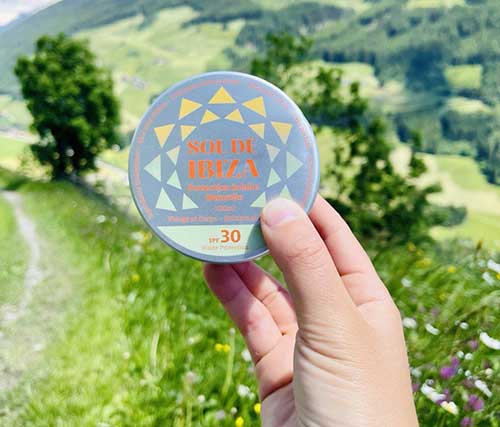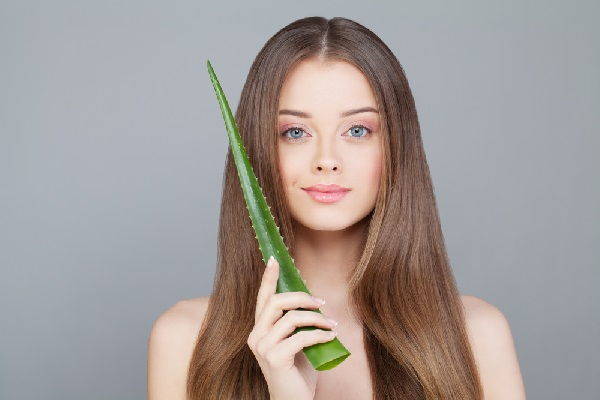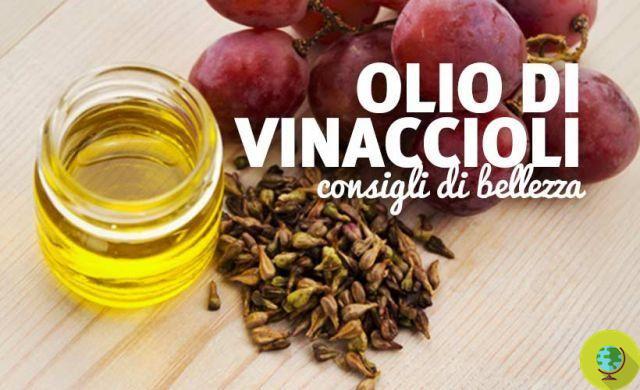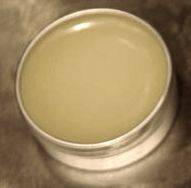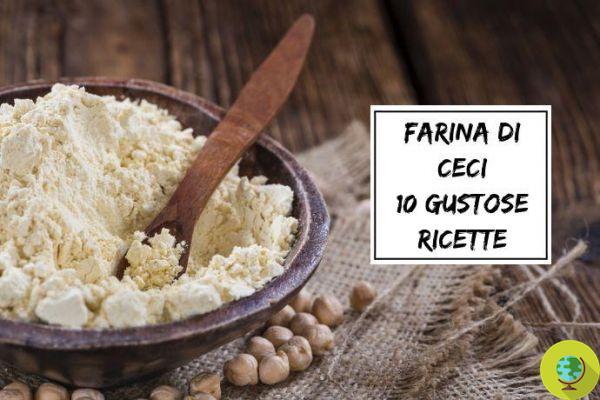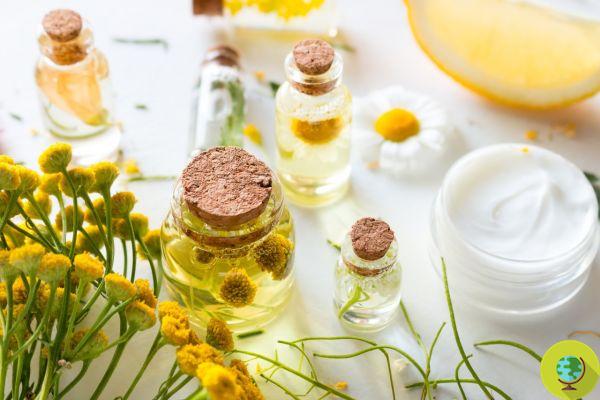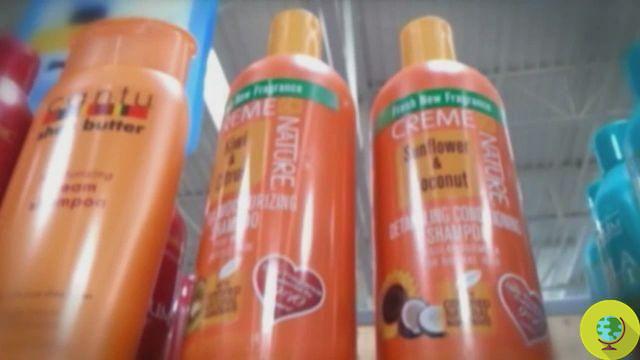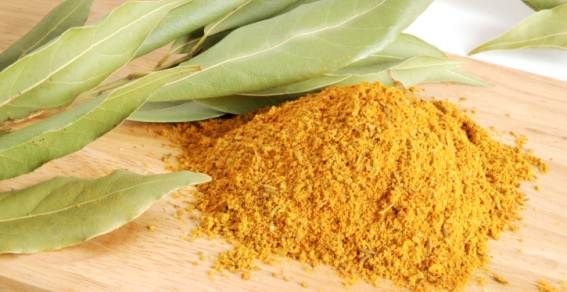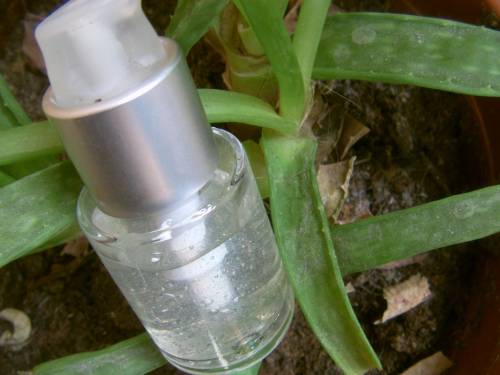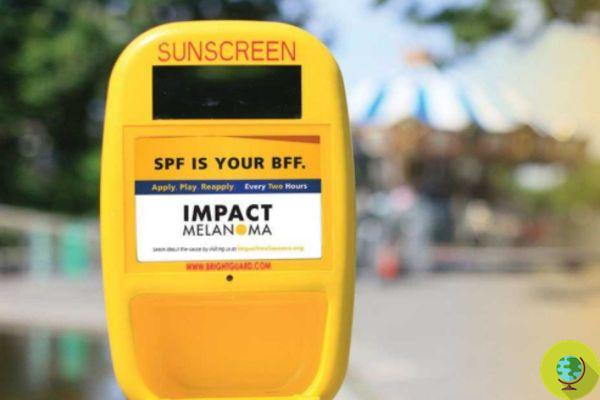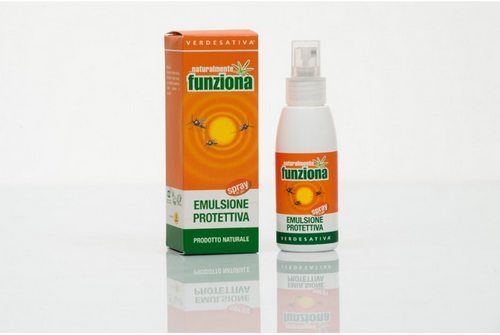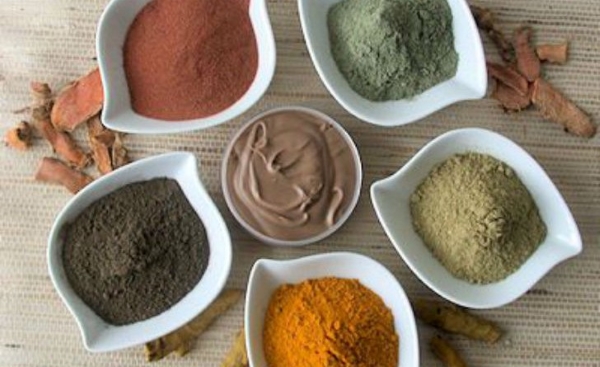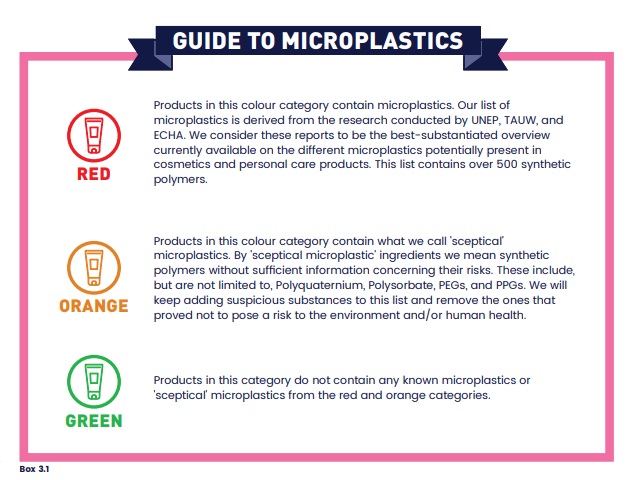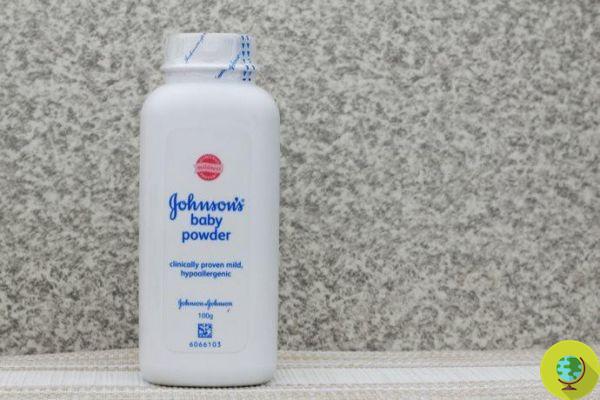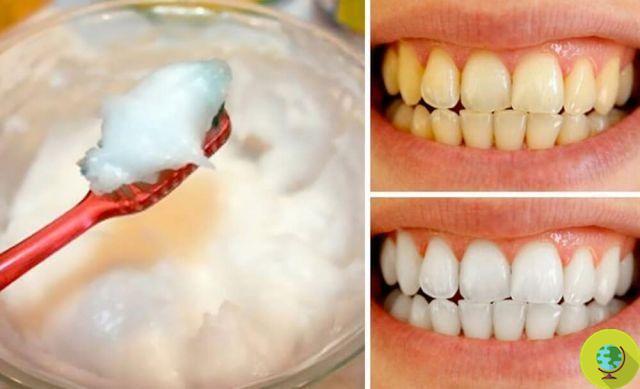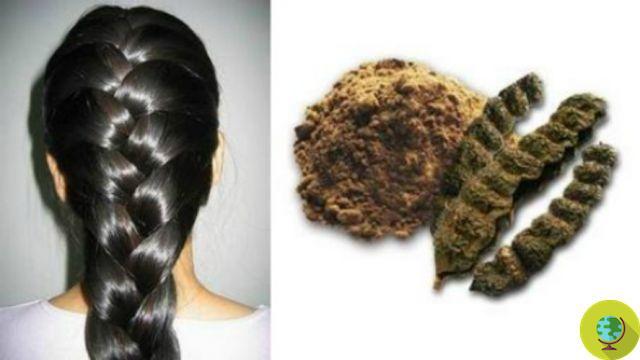
To remain faithful to your eco-summer, rely on an eco-solar. Organic sunscreens, like all eco-friendly cosmetics, come from plants grown without artificial fertilizers and pesticides, do not contain genetically modified or petroleum-derived ingredients or substances derived from animals, are hypoallergenic, do not contain preservatives
Don't store avocado like this: it's dangerous
Carrots, first of all, but also spinach and radicchio, chicory and lettuce, apricots, peaches, peppers and tomatoes, cherries, celery, watermelons and yellow melons ... Do not worry, we do not draw up a shopping list here but we only indicate which ones, according to research promoted by Coldiretti, are the foods that, eaten regularly, become the faithful allies of a golden e healthy eco-tan. At the first summer rendezvous with the sun there Vitamin A, of which these foods are rich sources, will protect you from the risk of burns and the action of free radicals by taking care of the skin in a completely natural way, in harmony with the body and the environment. As for the use of sun creams, be wary of those of synthetic origin.
Esulizole, Padimate-O, Benzophenone-3, Octinoxate, Octocrylene, Avobenzone, Methylbenzylidene camphor, Triclosan, parabens are just some of the most common chemicals that you find among the "filters" in the composition of the most common sunscreens. Contrary to what the manufacturers claim, they are substances that in more than one study have proved capable of penetrating into the deeper layers of the skin, in some cases even traceable in urinalysis. Carcinogenic substances, poisons responsible for DNA mutations and which, dispersed in sea waters, rivers and lakes, even in very low concentrations, generate latent viral organisms capable of interfering with the delicate balance of the marine ecosystem.
To remain faithful to our eco-summer, therefore, rely on an eco-solar. I biological solar, like all eco-friendly cosmetics, come from plants grown without artificial fertilizers and pesticides, do not contain genetically modified or petroleum-derived ingredients or substances derived from animals, are hypoallergenic, they do not contain preservatives (at most those that are also used for food: citric acid, sorbic acid, sodium benzoate), are free from chemical impurities that often cause irritation and, "as far as efficacy is concerned, there is no difference between a product a chemical and a biological one ”, says Antonella Antonini, professor of cosmetology at the University of Ferrara“ on the contrary, the vegetable substances, as confirmed by countless researches, can be very rich in active ingredients. So much so that the same so-called chemical products very often have a good part of natural ingredients “.
Here is some information to guide you in your choice. The organic product must bear a brand that certifies its biological characteristics. The certification bodies most popular are Aiab, Icea, Bdih, the Austrian teen and the French Ecocert (the latter only certify cosmetics with at least 95% of raw materials of natural origin), while the "Controlled natural cosmetics”Indicates products based mainly on raw materials such as vegetable oils, fats and waxes, herbal extracts and hydrolates, as well as essential oils and aromas from controlled organic crops or from controlled collection of wild herbs. Finally, regarding the expiry terms of the open product, check the indications of the PAO (period after opening) shown inside the package but remember that usually, since it is free of preservatives, the life of an organic product is about three months.
Little attentions, good habits, new culture of living, give it to you eco-bikini to eco-solar: blue sea, green conscience.
Rosa Simonetta



